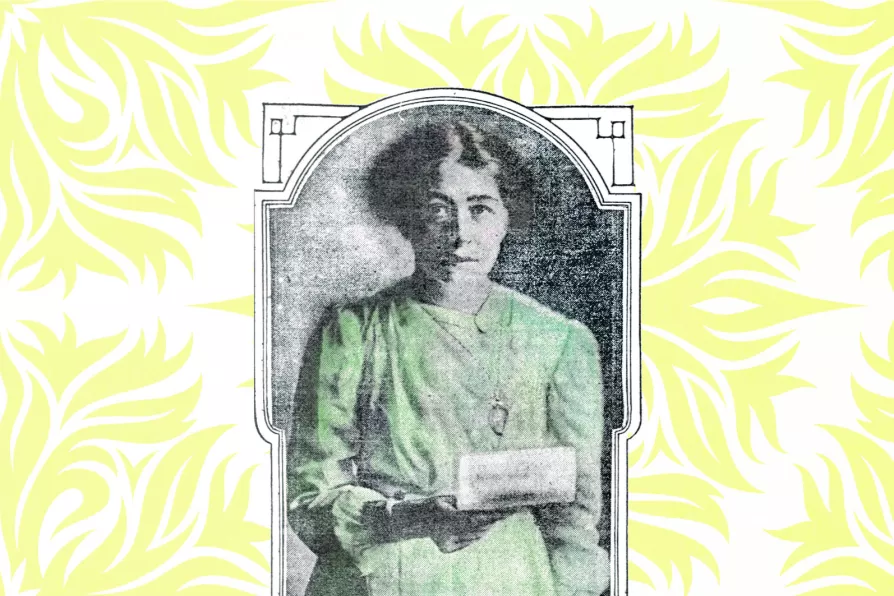From London’s holly-sellers to Engels’s flaming Christmas centrepiece, the plum pudding was more than festive fare in Victorian Britain, says KEITH FLETT


KATE CONNELLY’S previous book on Sylvia Pankhurst, Suffragette and Scourge of Empire, was a terrific biography of an extraordinary woman — both scholarly and genuinely page-turning.
A second book on the same subject could have been de trop; in fact, A Suffragette in America is a work of singular importance.
The book is a joint work, comprising Pankhurst’s own previously unpublished writing about her two speaking tours in the United States, in 1911 and 1912, edited by Connelly and illuminated by the latter’s insightful commentary.

Held at a last-minute undisclosed venue amid fear of disruption, a Women’s Rights Network event brought together authors and activists, offering a day of debate on feminism’s past, present and future. JADE MIDDLETON reports

The Morning Star invites readers to join Jeremy Corbyn and others to celebrate a working-class female victory that echoes through the ages













